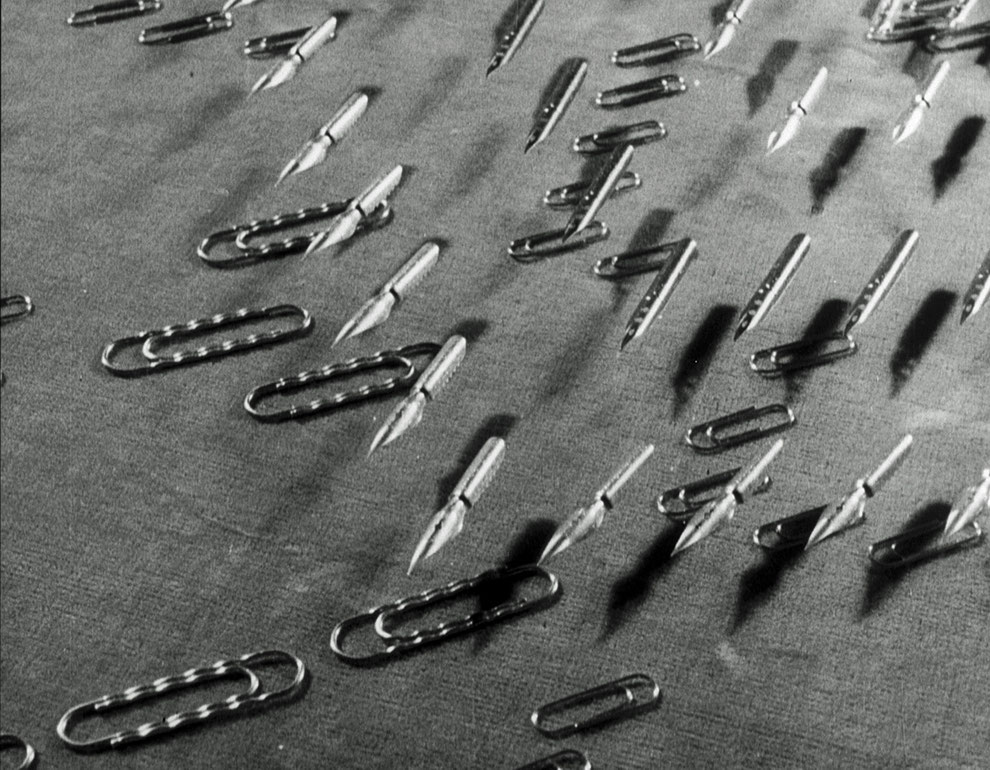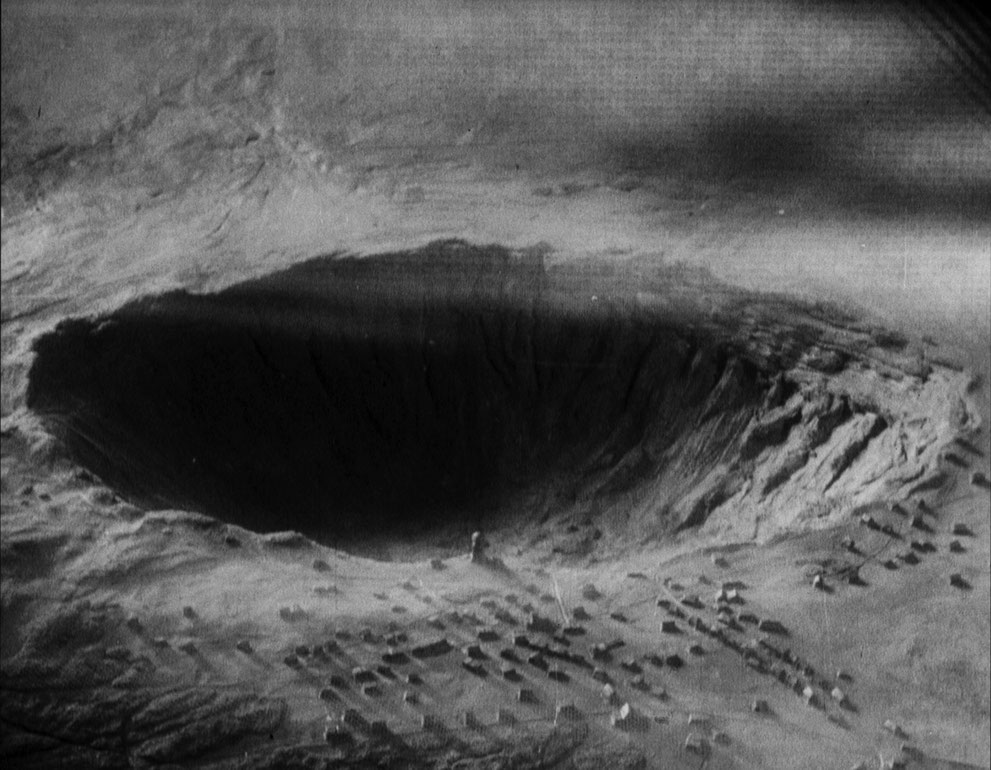Accelerando
A cinematic essay about the analytical power of utopias as depicted in early documentary films and political pamphlets, centering on excerpts of Fabrik Poldihütte, a fragment of an early Austrian sponsored film about Karl Wittgenstein´s steel factory (originally titled Das Stahlwerk der Poldihütte während des Weltkriegs / Poldihütte steel works during the Great War, 1916), the British documentary and propaganda film The Battle of the Somme (1916, Geoffrey Malins & John McDowell), the "reactionary modernist" Nazi propaganda film Metall des Himmels (1935, Walter Ruttmann), and the text "Europe´s Optical Illusion" (1909) – British pacifist Norman Angell´s pamphlet about the "Great Illusion" that war and military action can help maintain the status of countries in the "economically civilized" world. (Georg Wasner)
As with his previous film Oceano Nox (2011), Georg Wasner works with and on found footage in Accelerando. While Oceano Nox executed a rereading of newsreel reports on the sinking of the Titanic to question the "immediacy of seeing and being seen" as constituting the actual driving force incapacitating any kind of film historical developmental logic intrinsic to the documentary form, Accelerando confronts the question of documentary meaning through the political field: Namely by employing a text written by the British pacifist and eventual Nobel Peace Prize winner Norman Angell who in 1909 had already attempted to dismantle Europe´s optical (or grand) illusion, the notion that military strength and economic prosperity are inextricable.
When Wasner combines excerpts from Angell´s text with visual material depicting armament production (Das Stahlwerk der Poldihütte während des Weltkriegs, the war (The Battle of the Somme, 1916), and NAZI glorification of steel manufacture (Metall des Himmels, 1935), you could initially conclude the imagery illustrates the optical illusion under discussion on the soundtrack. But it is not so simple and Wasner´s montage makes every effort to avoid such a short circuit: There is no point in the film that the image merely illustrates the text or the text merely comments upon the image. On the contrary, it is rather that both sound and image border on an uncertainty through which the variable significance of the visual signs unsettles the logic of Angell´s argumentation, and vice versa. Additionally considering the more or less comprehensive history available in regard to the production and reception of the films Wasner investigates, Accelerando is transformed into a far reaching echo chamber through which arguments and views upon the past are compared: The tension alluded to in the title, between ominous threat and belief in progress becomes palpable as a signature of the era. The amazing thing is that this is the very same tension that riddles the world today. (Vrääth Öhner)
Translation: Eve Heller
Wir müssen immer wieder an die Stelle zurück, wo die Gedankenkette damals abgerissen ist. (Interview)
We must continually return to that point back in time the train of thought was lost. (Interview)
A Werkstatt (workshop) conversation about Georg Wasner´s new film-in-progress, working title: ACCELERANDO (first published in kolik.film, Sonderheft 20/2013).
Accelerando
2016
Austria
40 min


